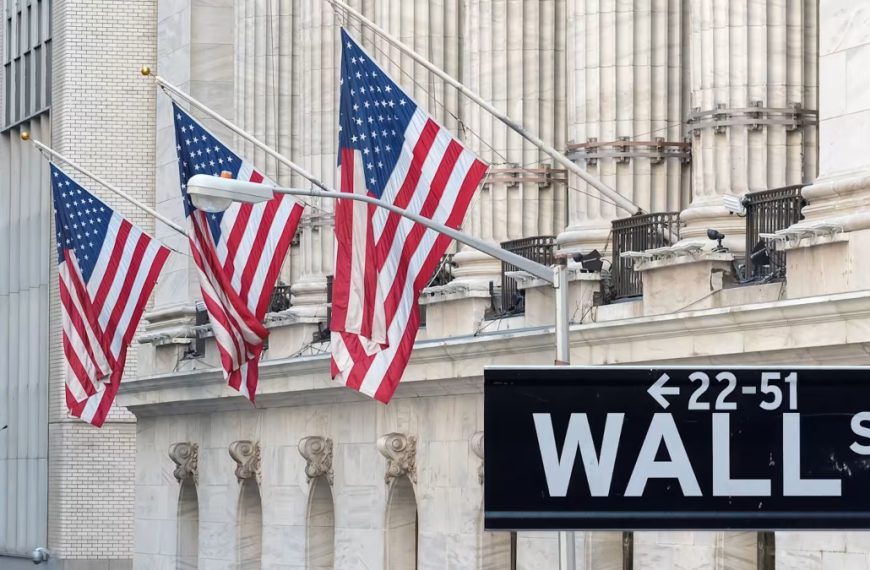The recent wave of tariffs imposed by President Donald Trump is sending shockwaves through the U.S. stock market, potentially wiping out an astounding $1.7 trillion from the S&P 500 Index. Major corporations like Apple, Walmart, and Nike, which heavily rely on manufacturing in China and Vietnam, are particularly vulnerable. As trading kicks off on Thursday, the sentiment among investors is grim, with many fearing an impending economic downturn.
Tariff Impact on Major Companies
The sweeping tariffs are more extensive than those introduced during Trump’s first term, raising alarms about their potential to disrupt global supply chains. Analysts suggest that these new levies could slow the economy and elevate inflation levels. Investors are left pondering the effects on corporate earnings, with many stocks taking a significant hit.
- 90% of stocks in New York were trading lower as of 8 AM EST.
- Over half of the 500 stocks in the index saw declines of at least 2% in pre-market trading.
Economic Outlook Deteriorates
Experts are expressing concerns that the breadth of the tariffs could bring the economy to the brink of recession. In a recent note, economist Feroli emphasized that the economic impact could worsen as it does not account for additional losses in gross exports and declines in investment spending. The ripple effects of these tariffs are becoming increasingly evident.
U.S. Assets Take a Hit
Following the announcement, U.S. assets quickly became the biggest casualties. Equity index futures plummeted by over 3.3%, while the dollar also faced a significant downturn. Comparatively, the impact on international markets was less severe, with Asian stocks falling by 0.6% and the Stoxx Europe 600 dropping 2.4%. Interestingly, the euro gained 2.3% against the dollar during this tumultuous period.
Sector-Specific Consequences
The technology and industrial sectors are among those feeling the brunt of the tariffs. An exchange-traded fund that tracks the Philadelphia Semiconductor Index saw a decline of 4.6%, with major players like Nvidia, Broadcom, and Micron Technology leading the losses. Companies that derive a significant portion of their revenue from China, such as Caterpillar and Boeing, also experienced declines of at least 4%.
Apple’s Financial Forecasts
According to analysts from Citi, the impact on Apple could be profound, with forecasts indicating that the company might face a 9% drop in gross profits if forced to absorb the increased costs stemming from tariffs on Chinese imports. This potential downturn underscores the significant challenges ahead for companies reliant on international supply chains.
In conclusion, the recent tariff measures are not just a political maneuver; they are causing real financial turmoil in the U.S. stock market and beyond. Investors and corporations alike are bracing for the economic fallout as the implications of these tariffs continue to unfold.











